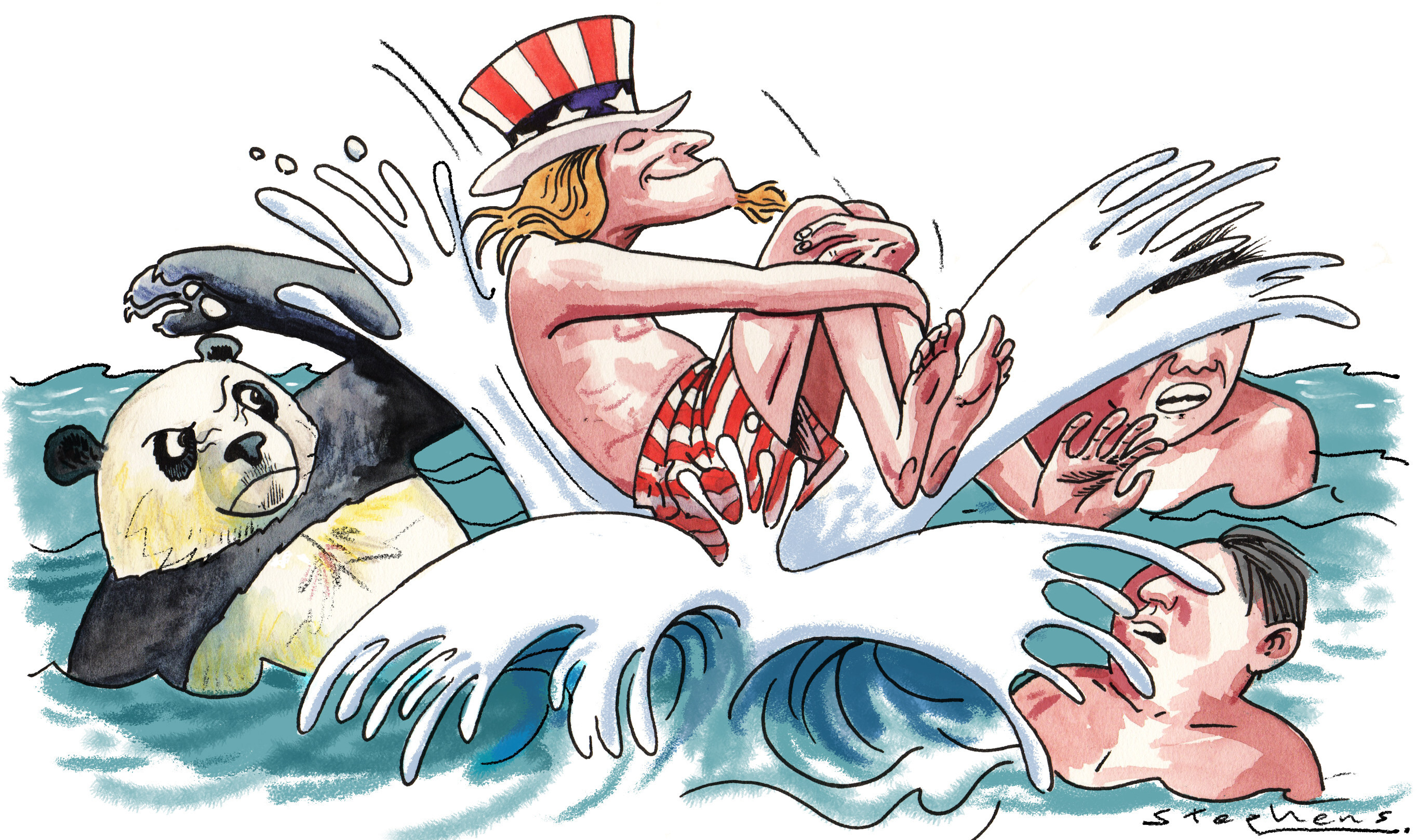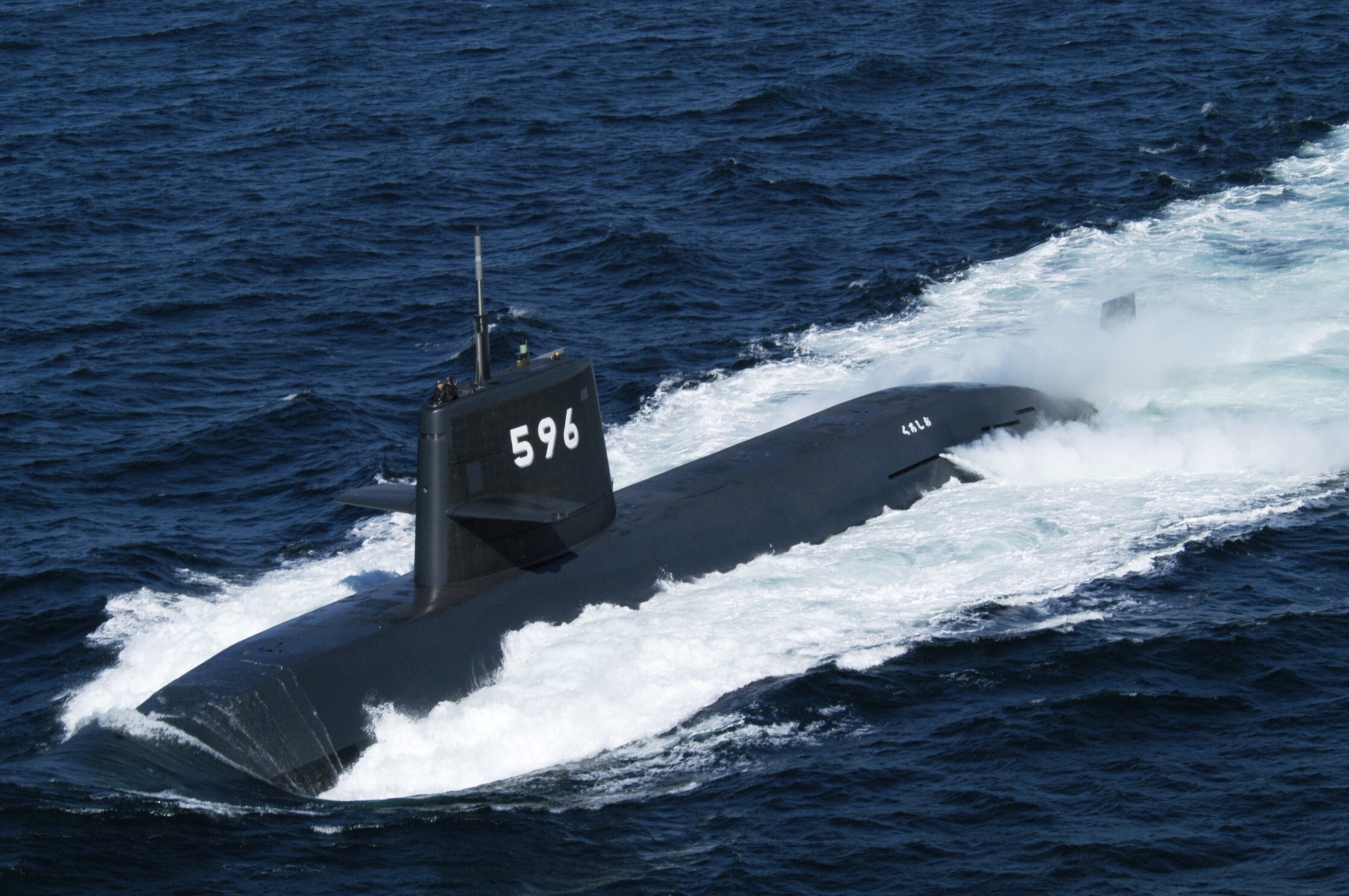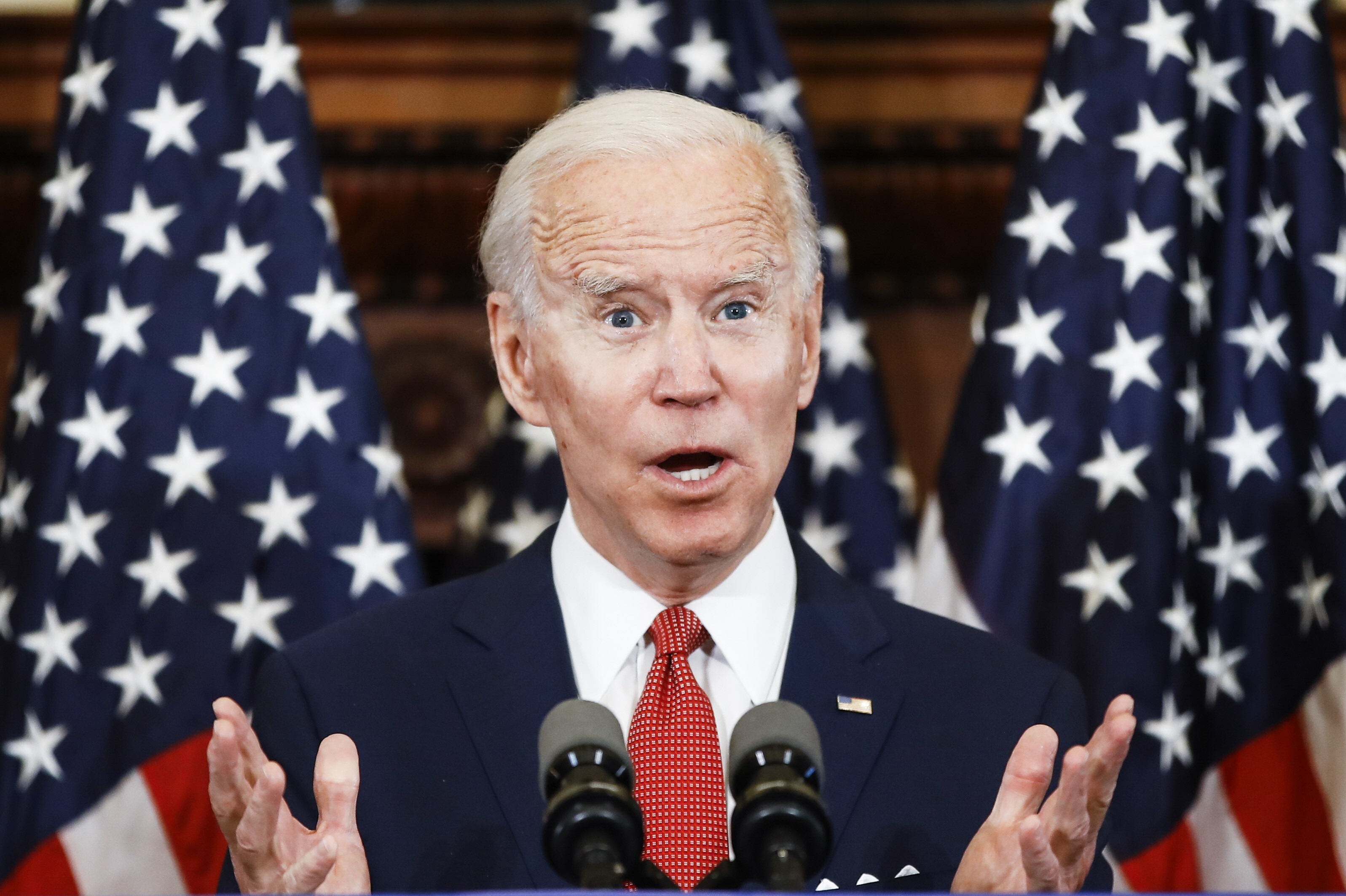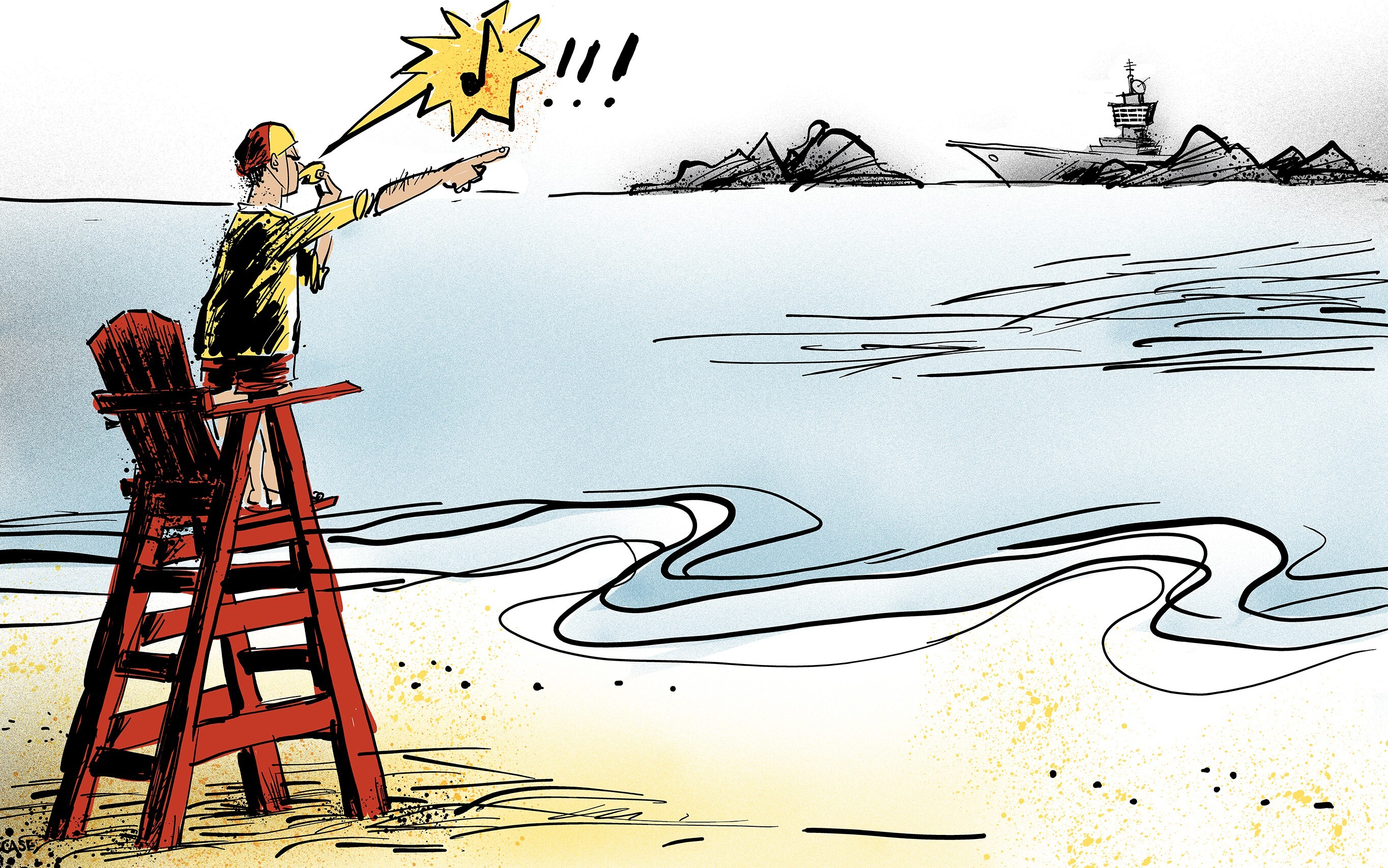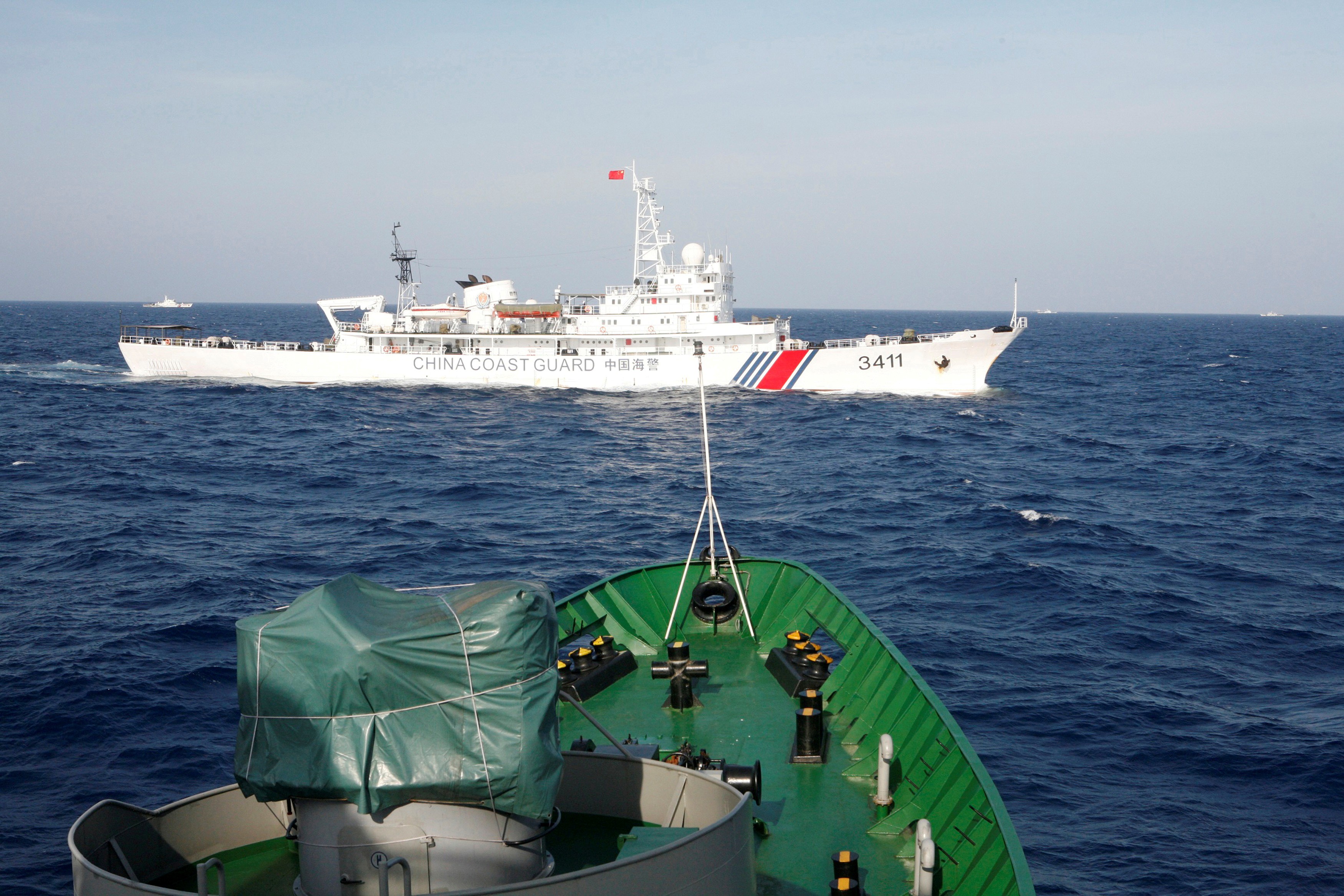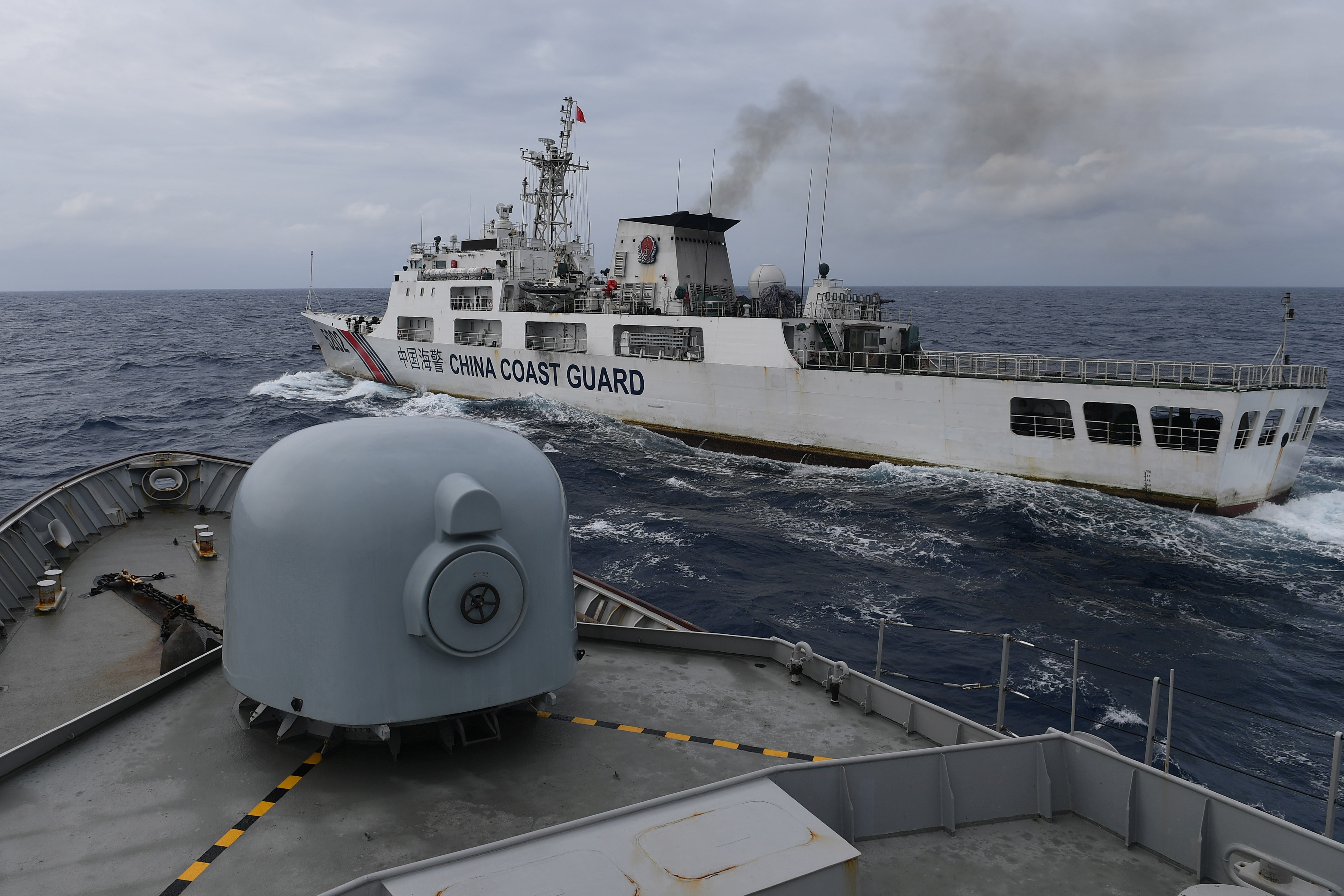
The joint statement after the meeting of Japanese and Philippine ministers is an example of Japan’s attempts to exert influence over the South China Sea issue, although it is not a party to the dispute. Japan should take a constructive stance instead of cooperating with the US to promote bloc-based division.
The latest State Department report is yet another attempt by the US – which is neither a party to the disputes nor to the international treaty that governs the contested waters – to steer the outcome of negotiations between China and Southeast Asian claimants.
The timing of Tokyo’s note verbale, on the eve of Joe Biden’s inauguration as US president, is a signal of support for its ally – but stops short of passing comment on the validity of Beijing’s territorial claims.
The incoming US president may be more multilateralist than his predecessor, but he remains tied to his past positions – and Trump’s legacy of confrontation.
Canberra’s recent rejection of Beijing’s South China Sea claims appears to be based more on its efforts to maintain a US-led regional order, given that Sino-Australia relations have been experiencing an unprecedented cold snap.
The US is not a party to territorial disputes in the region. By supporting claimant states, it is merely opening up a new battlefront in the US-China rivalry.
Despite a shared rival in China, the Philippines, Malaysia, Vietnam and Indonesia have separate issues of sovereignty and territorial rights that make the issue deadlocked.
Chinese vessels’ activities off Borneo relate not to Indonesia’s Natuna Islands but to the Spratly archipelago, claimed by Beijing.

